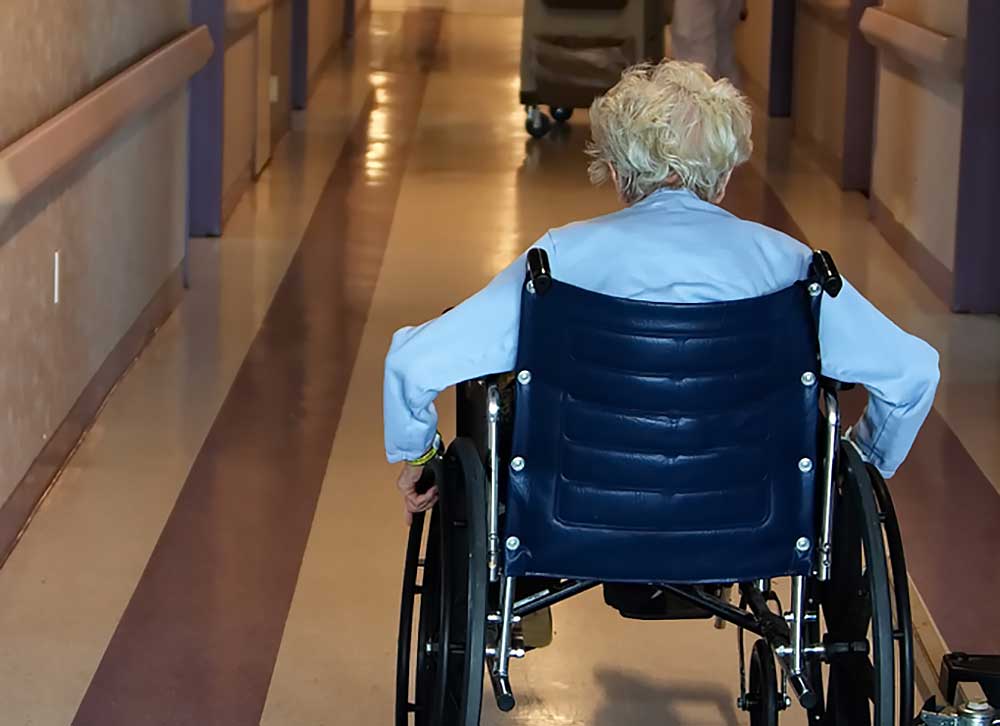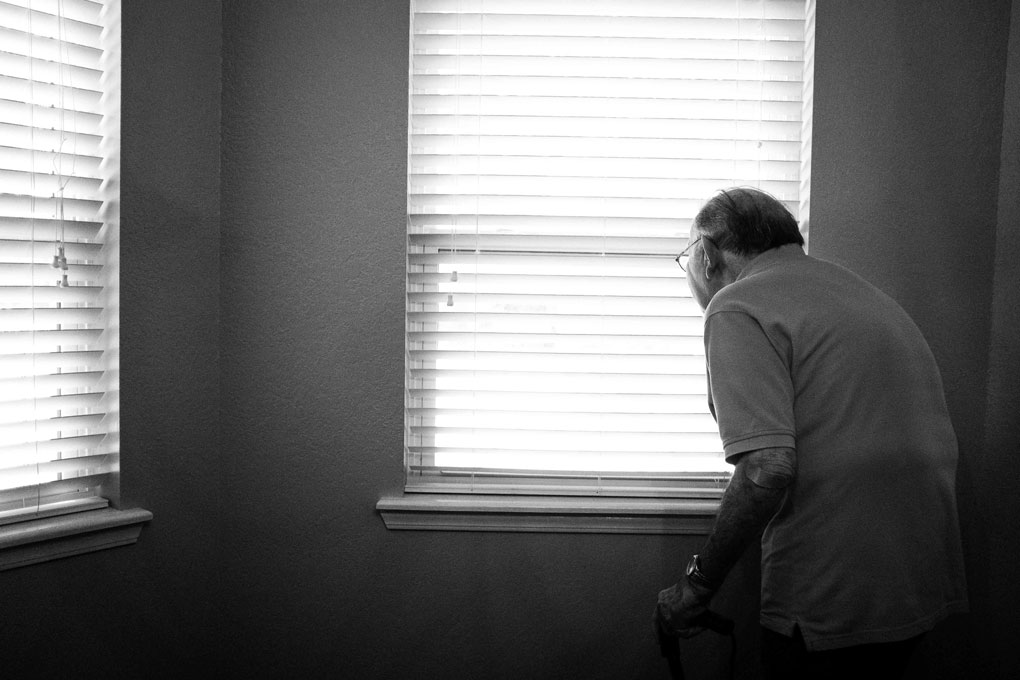Table of Content
For example, the CDC recommends checking in with older people especially if other family members or loved ones may not live close by. Reporting the abuse to Adult Protective Services can help the victim come forward and pursue legal compensation. Dont hesitate to call 911 if a nursing home resident is in immediate danger. If you believe that you or a loved one is a victim of nursing home abuse, you need to act quickly. Nursing homes often hide information to shield themselves from liability, and the sooner you act the better.

When people hear nursing home abuse allegations, they often envision a narrow description that only involves serious injuries appearing on nursing home residents. However, there are several other forms of nursing home abuse that can cause your loved one’s health to drastically decline, such as nursing home neglect. Long-term care facilities are supposed to monitor residents’ health and ensure they are cared for should a healthcare issue arise. The nursing home staff is there to ensure your loved one does not fall or experience other harmful events.
Result: $2.2
The staff may just leave them alone in a ward without checking on them or tending to their needs. Once you know what to look for, it is easier to determine whether an elderly resident is being physically harmed. While it can be difficult to identify emotional abuse, there are some important signs to watch for, including withdrawal, depression, mood swings, and unusual soothing behaviors . Neglect is one of the most dangerous types of abuse, though it’s one of the hardest to catch.
Nursing Home Abuse Justice was founded to shine a light on nursing home and elder abuse. Every day, thousands of people in nursing homes and assisted living facilities are abused. Our team helps educate seniors and their loved ones on the common causes, signs and preventions of nursing home abuse. We report on real-world studies and current events from respected news outlets to expose this national problem. It’s important to note that sexual abuse isn’t always perpetrated by nursing home staff.
Elder Abandonment
Emotional nursing home abuse can be especially dangerous since the elderly can be particularly susceptible to emotional trauma. They are also especially susceptible to the physical side effects that emotional abuse can have on a person. As we mentioned earlier, nursing home neglect occurs any time a nursing home resident is deprived of their basic necessities.
Common examples of physical abuse include pushing, kicking, and hitting. While nursing home abuse statistics can be disturbing, it is essential to learn how common the problem is. This is especially true if you have a loved one living in a nursing home, assisted living facility, or another long-term care facility. Without proper medical attention, physical elder abuse can lead to serious injuries or even death. Thankfully, financial aid may be available to pay for medical bills and emotional suffering if you or a loved one suffered physical nursing home abuse. This is true whether the contact is perpetrated by force, threat, a resident’s incapacity, or other means.
Who Is Most Likely To Be Abused in a Nursing Home?
The act helps build resources for victims and their family members as well. Here are some of the signs to look out for in cases of suspected nursing home abuse. According to the NCEA, residents who have experienced traumatic events or abuse are more likely to be abused in the future. Public Interest Research Group noted that 20% of U.S. nursing homes were understaffed as of December 2020. A registered nurse working at a Southern California care facility was accused of neglecting a 69-year-old woman who died of gangrene. In two years or so, the facility has had nine substantiated and four inconclusive abuse complaints with the Minnesota Department of Health.

When care facilities fail to screen their employees properly, they can endanger their residents. Aides with a history of abuse or drug addiction are more likely to abuse people in long-term care facilities. In an Atlanta Long Term Care Ombudsman Program study of 80 residents in 23 Georgia-based nursing homes, 44% of the respondents experienced abuse, while 48% experienced mistreatment. In addition, 38% percent of respondents witnessed fellow residents abused, while 44% had seen others being mistreated. Further, both the WHO and CDC recommend reporting possible cases of elder or nursing home abuse to senior justice hotlines. These include 911, the phone number for your local APS office, and more.
Emotional Neglect
A Marlette, Michigan, family reached a $1.3 million settlement in the traffic death of their 5-year-old son when they were struck by a semi truck. Child developed cerebral palsy with developmental delays due to lack of oxygen and brain injury during labor and delivery. Patient suffered cardiac arrest and brain damage when a hospital failed to recognize internal bleeding and treatment was delayed for more than 14 hours. A Livonia pedestrian recovered $1.4 million when he was struck by a commercial van resulting in a traumatic brain injury in Redford, Michigan. If it seems like your loved one isn’t getting any better, be on the lookout for neglectful employees.
Financial elder abuse occurs when a nursing home resident’s personal belongings or money are stolen from them. Nursing home residents are also at risk of elder financial abuse and emotional abuse. While these types of nursing home abuse may not leave physical marks, they can be just as harmful, severely affecting your loved one’s quality of life. This type of abuse occurs when a resident experiences any form of unwanted sexual contact, touching, or groping.
However, while these groups of people are more likely to suffer from sexual abuse, any resident can be at risk. Sexual abuse involves any kind of nonconsensual sex act or unwanted sexual contact. Sexual abuse can be one of the hardest types of nursing home abuse for many residents to report. They may feel that they have somehow caused the abuse, or they may be embarrassed to talk about sexual encounters in general. Most nursing home residents are there because they aren’t able to care for themselves, struggling with a physical or psychological impairment that makes them vulnerable and unable to defend themselves.
Nursing home personnel should be screened for a background of abuse and trained in abuse prevention and how to care for residents with behavior disturbances. Staff who are impatient or unable to depersonalize the behaviors and understand why they occur are at risk of abusing the behavioral resident. A caregiver who screams, curses, or threatens a resident can cause fear and depression in those dependent on them for care.
No comments:
Post a Comment